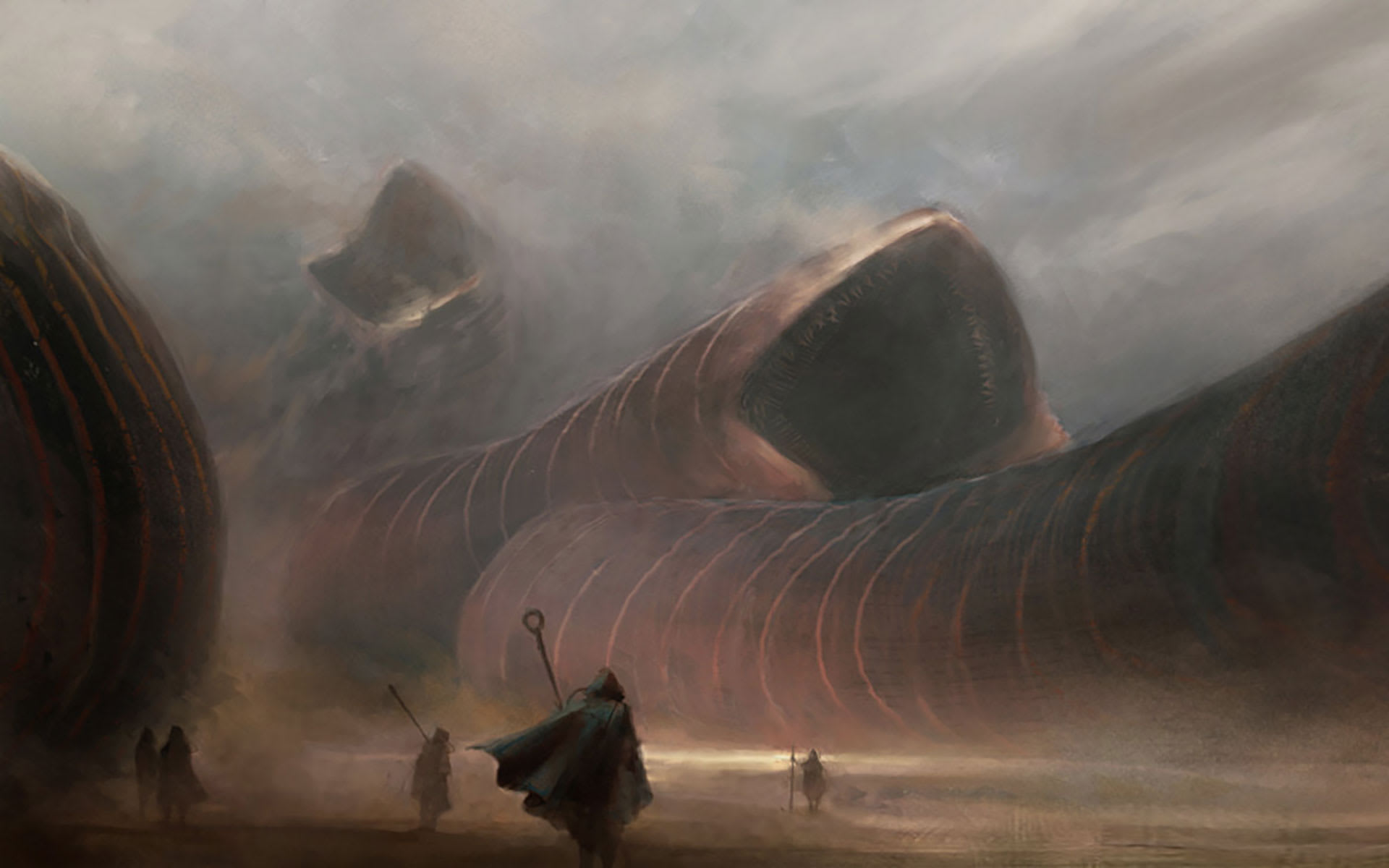
Campbell inserted his ideas of the "superior man" into many of space opera's formative works. It didn't help that Smith started introducing themes of eugenics into his Lensmen novels, and notoriously racist editor John W.

Space opera has always carried a lot of baggage, thanks to its roots in imperialism, colonialism and the myth of the rugged explorer who brings civilization with him. Later, in The New Encyclopedia of Science Fiction, Williamson wrote that space opera was the "expression of the mythic theme of human expansion against an unknown and uncommonly hostile frontier." "Doc" Smith, was written in 1915, right as one of the genre's pioneers, Jack Williamson, was traveling west in a horse-drawn wagon. and the settling of the West." The first great space opera novel, Skylark of Space by E.E. In their introduction to the 2007 anthology The New Space Opera, Gardner Dozois and Jonathan Strahan note that space opera was born during the "full flowering of the British Empire. Star Trek is back, and a little dirtier and messier than it used to be.


Meanwhile, media space opera has given us a new wave of shows about down-on-their-luck adventurers, like Killjoys, Vagrant Queen, etc. And these books often have a touch of weirdness and body horror, along the lines of The Expanse's alien protomolecule. These books also feature somewhat more realistic physics, with way less hand-waving-for example, faster-than-light travel is usually impossible without some kind of wormhole. A lot of these new space opera books share some of the same DNA as Corey's Expanse series: they feature underdog characters, who are just trying to get paid, or survive, or get justice-they aren't exactly crisp-uniformed explorers like Captain Kirk, or chosen ones like Luke Skywalker.


 0 kommentar(er)
0 kommentar(er)
